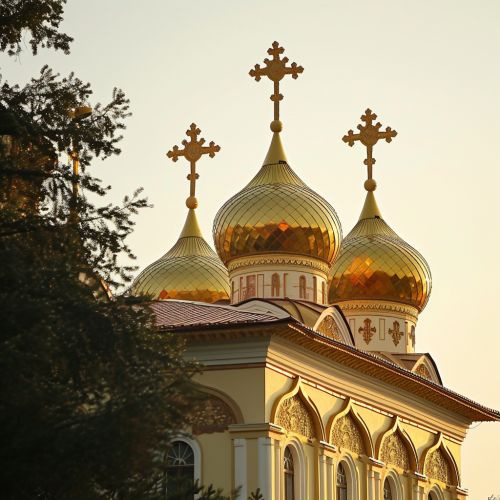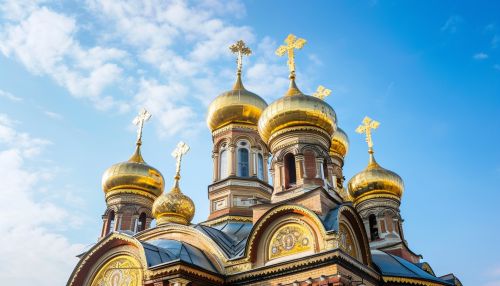Eastern Orthodox Church
Origins and History
The Eastern Orthodox Church, also known as the Orthodox Church, is one of the oldest religious institutions in the world. It traces its roots back to the Apostolic Age, with its traditions and teachings said to have been passed down directly from the apostles of Jesus Christ.
The Eastern Orthodox Church officially separated from the Roman Catholic Church in 1054, in an event known as the Great Schism. This split was the result of a long-standing political and theological disputes, including the role of the Papacy, the nature of the Holy Trinity, and the use of religious icons.


Beliefs and Practices
Eastern Orthodox theology is based on Holy Tradition, which encompasses the teachings of the Holy Scripture (the Bible), the decrees of the Ecumenical Councils, the writings of the Church Fathers, and the liturgical life of the Church. The Orthodox Church places a strong emphasis on the Incarnation of Jesus Christ, and the transformative power of God's grace through the Sacraments.
Orthodox worship is highly liturgical and is centered around the Divine Liturgy, the celebration of the Eucharist. Other important services include the Divine Office (daily prayers), and the Holy Mysteries (sacraments), which include Baptism, Chrismation, the Eucharist, Confession, Ordination, Marriage, and the Anointing of the Sick.
Structure and Governance
The Eastern Orthodox Church operates under a congregationalist ecclesiastical model, with each local church governing its own affairs. The highest authority in the Church is the Ecumenical Council, which is composed of all the bishops of the Church. The Patriarch of Constantinople is considered the "first among equals" in the Orthodox hierarchy, but he does not have the same kind of authority as the Pope in the Roman Catholic Church.
Each local Orthodox Church is governed by a Holy Synod, a council of bishops. The bishops are responsible for the spiritual and administrative oversight of their respective dioceses, and they ordain priests and deacons to serve in the local parishes.
Influence and Impact
The Eastern Orthodox Church has had a profound impact on the history, culture, and spirituality of Eastern Europe, the Middle East, and beyond. Its rich liturgical tradition, theological depth, and commitment to preserving the ancient Christian faith have made it a vital part of the global Christian community.
The Orthodox Church has also played a significant role in promoting interfaith dialogue and understanding, particularly through its participation in the World Council of Churches and other ecumenical organizations.
